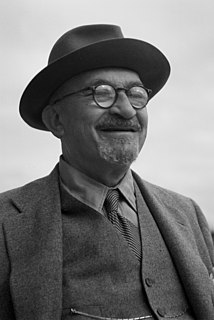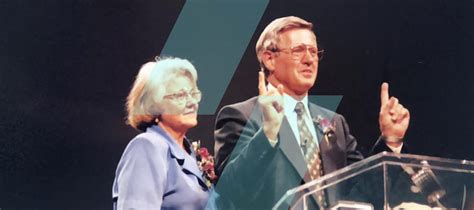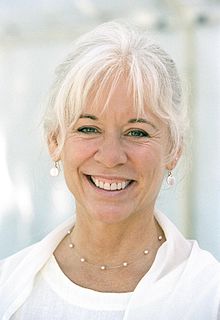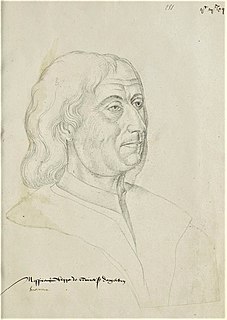A Quote by Chaim Weizmann
Now in the light of past and present events the bitter truth must be spoken. We feared too little and we hoped too much. We underestimated the bestiality of the enemy; we overestimtaed the humanity, the wisdom, the sense of justice of our friends.
Related Quotes
Nevertheless, he must be cautious in believing and acting, and must not inspire fear of his own accord, and must proceed in a temperate manner with prudence and humanity, so that too much confidence does not render him incautious, and too much diffidence does not render him intolerant. From this arises the question whether it is better to be loved more than feared, or feared more than loved.
I know I've erred in the past putting too much of my social justice sentiments in comics, but hopefully not too much, and I tried to only do that with characters that it made sense with it. These days, with the 'social justice' aspects of the two books I write, 'Catwoman' and 'Katana,' the concerns are more about moral justice.
The second noble truth states that we must discover why we are suffering. We must cultivate the courage to look deeply, with clarity and courage, into our own suffering. We often hold the tacit assumption that all of our suffering stems from events in the past. But, whatever the initial seed of trauma, the deeper truth is that our suffering is more closely a result of how we deal with the effect these past events have on us in the present.
We drink too much, smoke too much, spend too recklessly, laugh too little, drive too fast, get too angry, stay up too late, get up too tired, read too little, watch tv too much. We have multiplied our possessions but reduced our values. We talk too much, love too seldom, and hate too often. We've learned how to make a living but not a life. We've added years to life, not life to years.
At times many of us let that enemy of achievement--even the culprit 'self-defeat'--dwarf our aspirations, smother our dreams, cloud our vision, and impair our lives. The enemy's voice whispers in our ears, 'You can't do it.' 'You're too young.' 'You're too old.' 'You're nobody.' This is when we remember that we are created in the image of God. Reflection on this truth provides a profound sense of strength and power.
Our senses perceive no extreme. Too much sound deafens us; too much light dazzles us; too great distance or proximity hinders ourview. Too great length and too great brevity of discourse tends to obscurity; too much truth is paralyzing.... In short, extremes are for us as though they were not, and we are not within their notice. They escape us, or we them.
Now, brethren, this is one of our greatest faults in our Christian lives. We are allowing too many rivals of God. We actually have too many gods. We have too many irons in the fire. We have too much theology that we don't understand. We have too much churchly institutionalism. We have too much religion. Actually, I guess we just have too much of too much.
The most sublime truth of all has never been stated or written or sung. Not because it is far away and can not be reached, but because it is so intimately close, closer than anything that can be spoken. It is alive as the stillness in the core of your being, too close to be described, too close to be objectified, too close to be known in the usual way of knowledge. The truth of who you are is yours already. It is already present.








































